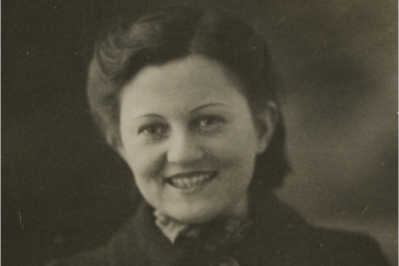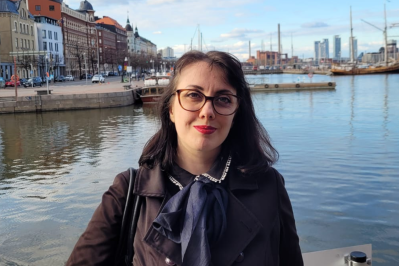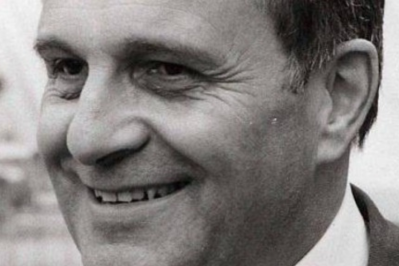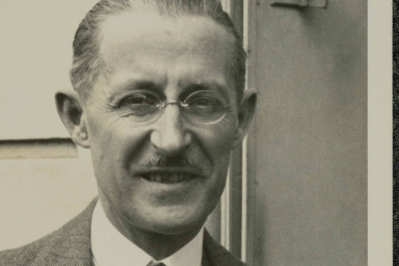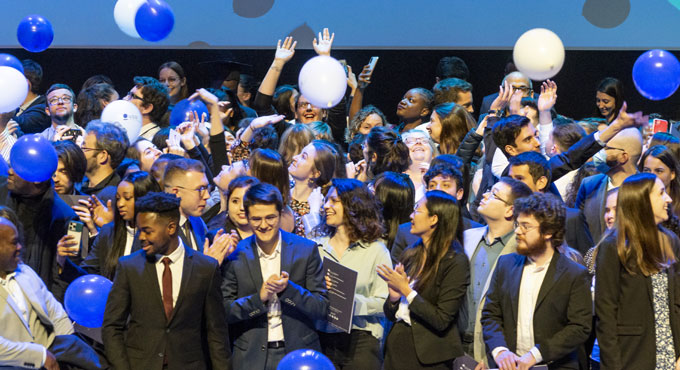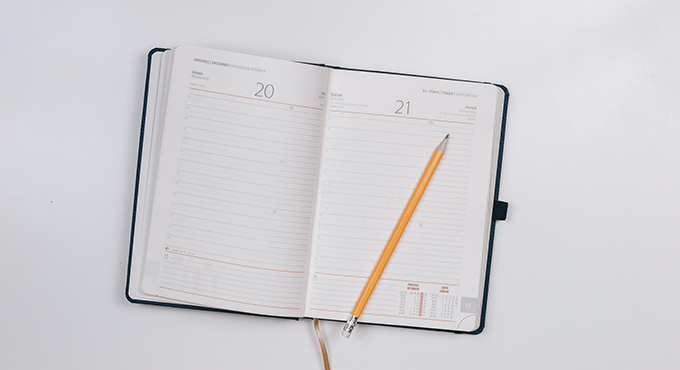News
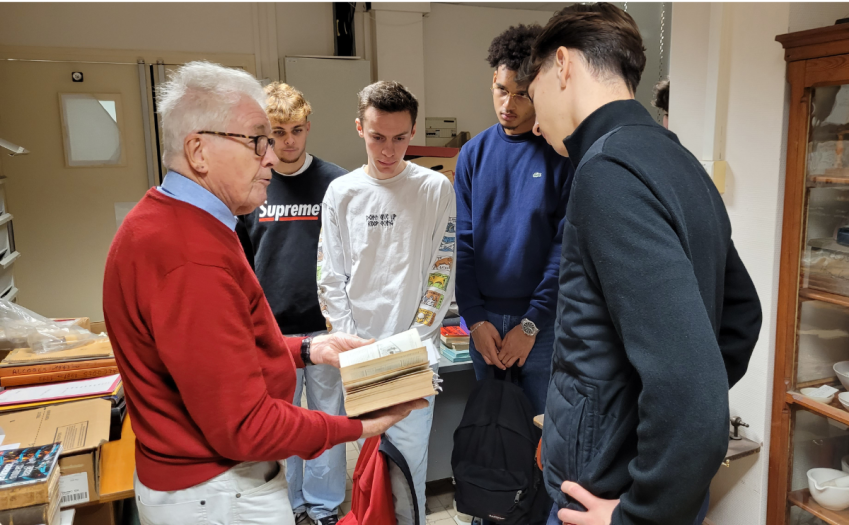 Visit UCO's scientific collections
Visit UCO's scientific collections
Georges le Guillanton, Bachelor of Science (1958)
Nous sommes heureux de vous partager ce témoignage de Georges le Guillanton. Ce diplômé de la promotion 1958 a été directeur de recherche au CNRS, professeur à l’UCO, et est toujours actif auprès de son « Alma Mater » en participant bénévolement la sauvegarde et la valorisation du patrimoine scientifique de l’Université catholique de l’Ouest.
Could you introduce yourself and tell us about your academic and professional career?
My name is Georges le Guillanton. I was born in 1937 in Pontivy, Morbihan, where I did my primary and secondary education. In my final year of high school, I was lucky enough to have an exceptional chemistry teacher who passed on to me his love of the subject.
After passing my baccalauréat, I went to the Université Catholique de l'Ouest in Angers, where I obtained a degree in physical sciences in 1958. I joined the UCO chemistry research laboratory, where I began my career as a CNRS researcher. I was promoted to maître de recherche in 1975, then directeur de recherche in 1984. In 2000, I retired from the CNRS, and for a while continued to work on my research subjects as Professor Emeritus at UCO, before changing direction completely. I'm now involved in community work and the preservation of our scientific heritage.
You've spent your career at the CNRS. What areas of research have you explored?
I joined the CNRS in 1959 and left in 1999! Throughout my career, I worked on organic chemistry, in particular on the electrochemistry of sulfur and sulfur derivatives. I have published over 100 articles in international scientific journals and presented numerous papers and lectures at conferences in France and abroad.
As volunteer manager of the scientific instruments collection, how did you get involved in this project?
As a science enthusiast, I organized exhibitions at UCO and in partnership with the city of Angers and Terre des Sciences, as well as for the fiftieth anniversary of the CNRS.
In 2000, when I became a professor emeritus at UCO, I saw the university library expand by taking over the basement where scientific equipment dating back to 1877 was stored. We took action to save this heritage. In 2013, we were allocated a 200m2 space formerly occupied by the Ecole Supérieure d'Electronique de l'Ouest (ESEO). With a team of five volunteers, my commitment to preserving and promoting this collection continues.
Every year, we take part in heritage days, but also welcome groups of pupils from many schools in Maine-et-Loire to illustrate the history of scientific research.
What are the most significant items in these collections?
Our collections, enriched by the Université catholique de l'Ouest's own holdings and by donations, total over 2,500 items. We study and restore the devices, making them work and integrating them into specialized databases. Each year, we present at least one paper at conferences.
Our highlights include an 18th-century microscope made for the famous Professor Charles, and two instruments made by physics professors Maurice Couette and Ferdinand Charron. Maurice Couette left a viscometer to UCO, the prototype of modern viscometers, while Ferdinand Charron designed a world-famous device for maintaining Foucault pendulum oscillations using an electromagnet.
What memories do you have of your student days?
Of my student years, I particularly remember the student pilgrimages to Chartres, bringing together hundreds of students from Angers. We'd walk all the way to the cathedral, sleeping in a barn at mid-chemin.
I've also seen how "la Catho" has evolved since it was 79 years old (in 1954), and I intend to be present at the 150th anniversary of the Université catholique de l'Ouest in 2025!
I've always appreciated teaching at the UCO, a university on a human scale, favoring close supervision and easy contact between students and teachers. This proximity is invaluable.
A message for our Alumni?
We're organizing a guided tour of UCO's scientific collections on Thursday January 18 from 1:00 to 1:45 pm for a small group of Alumni, and I'd be delighted to see you there!
We welcome new volunteers to our team, which includes chemists and physicists. I also hope we'll soon be able to explore the history of computing, through the many items we hold.

 6
6







